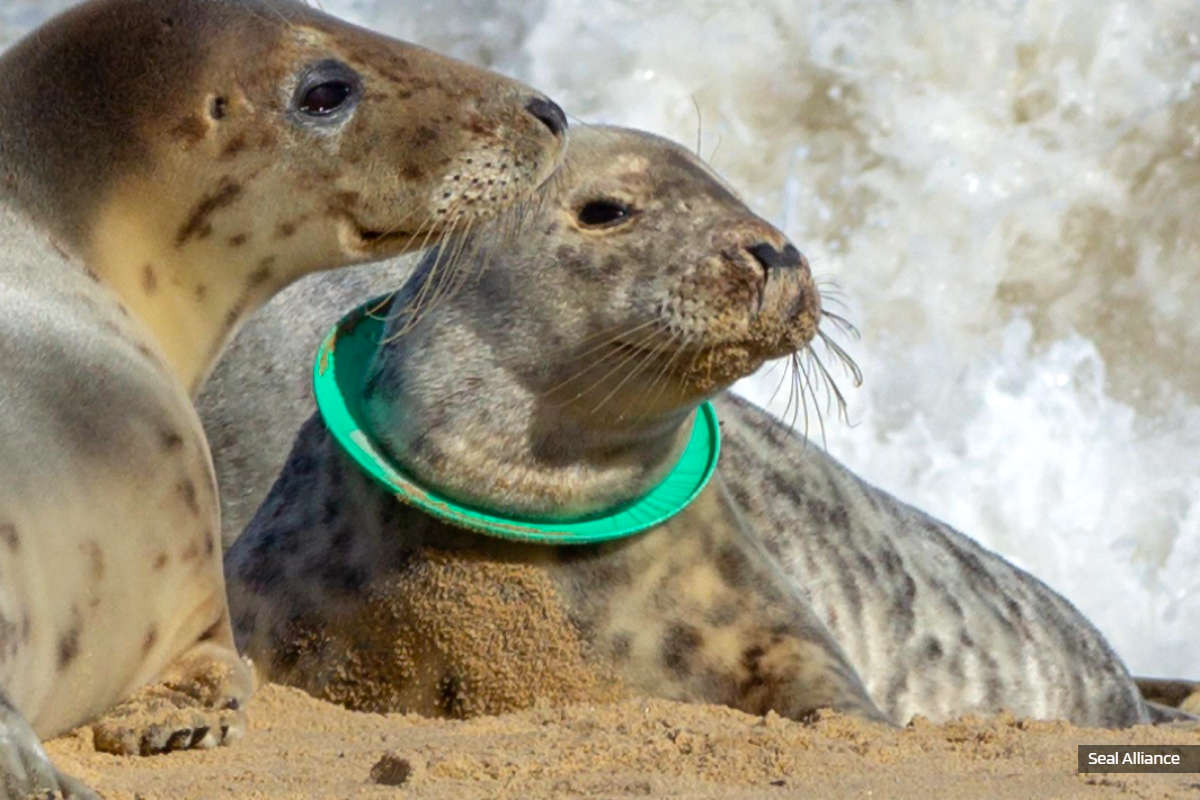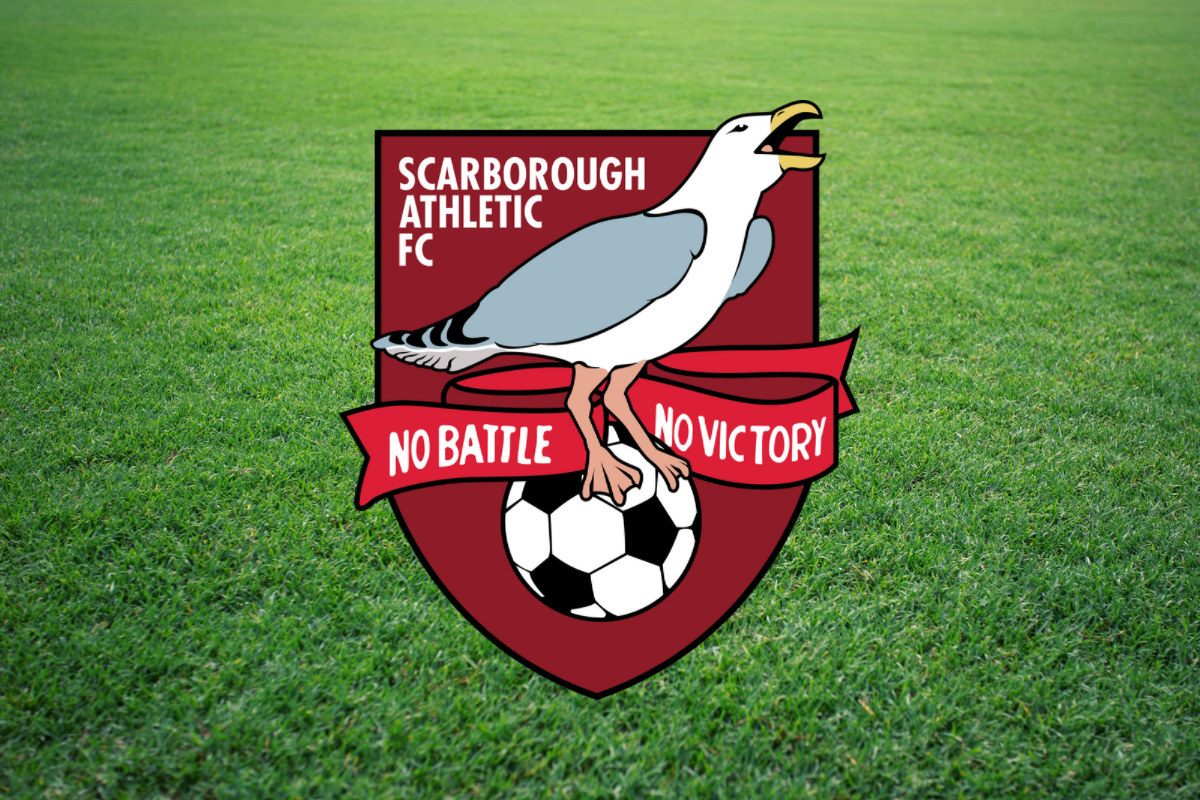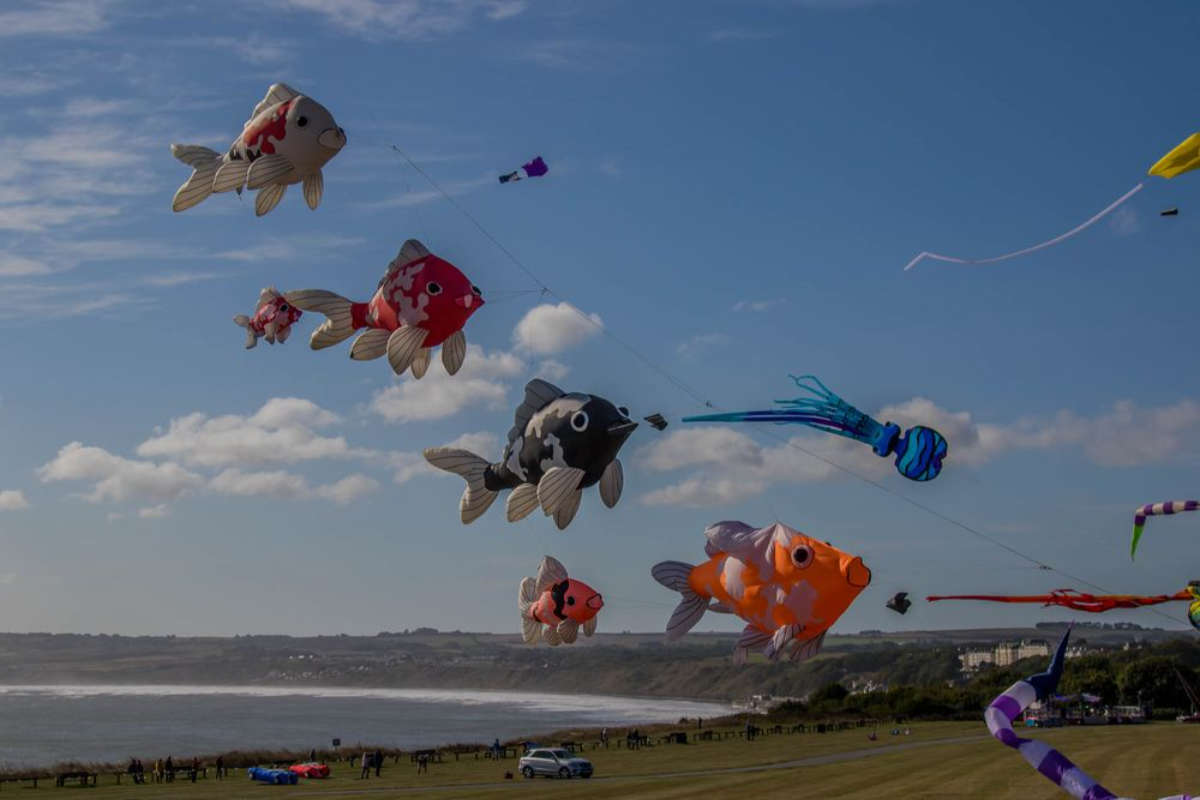
A new campaign has been launched to address the suffering of seals and other marine mammals caused by entanglement in lost or discarded plastic flying rings.
The "Save Our Seals from Flying Rings" Campaign 2025 officially began on Monday 26th May 2025.
Flying rings, often plastic and resembling a ring with a strengthening insert, are imported into the UK in their thousands and sold in many retail outlets. Typically costing between £1 and £2 to purchase, they are often lost or discarded on beaches or near waterways, eventually ending up in the sea.
Seals, possessing natural curiosity, investigate and play with these floating rings. What starts as play can quickly turn into a "nightmare" when the ring goes over their heads and gets stuck fast around their necks. As the seal moves and grows, the ring cuts into its skin, causing immense suffering and pain. Infection can set in over time, often leading to needless death.
Gareth Richards, Vice Chair of the UK Seal Alliance Executive and a medic with British Divers Marine Life Rescue, has witnessed the impact first-hand, describing the injuries as "heartbreaking" he says that to a young seal a floating ring is a play thing but with dangerous consequences.
"These flying rings are imported into the UK in their thousands. And they're being sold in in shops.
They often get lost or discarded on beaches or close to waterways where they find themselves in the sea, floated in the sea. To a a curious seal, especially the younger ones when they see these flyer rings float in the water. It's it's a toy, it's a play thing.
Because this natural curiosity, they will start to put their heads through it and bite it or whatever. And unfortunately, that few moments of curiosity will turn into a nightmare when these rings go over their necks and they get stuck fast."
Gareth says the number of incidents involving the rings is increasing, he says there is a very simple solution.
"We've seen over the years growing numbers of of these flying rings being discarded on beaches, because they're so cheap , people, when they lose them, they just don't look for them.
So what we are doing is that we are asking people not to buy them, certainly shopkeepers, not to sell them, and we would rather people buy the solid disc Frisbee because they are seal safe, preferably not plastic.
But ultimately because these are being imported in their thousands into the UK, we are urging the government to take action.
We would love to see the government ban, the import of these these lethal items."
Gareth says that while the rings themselves cost just a few pence to manufacture the costs of rehabilitation for a seal which has become trapped in one can cost thousands of pounds.
"These retail at 33 pence each to to the shopkeeper. It actually costs the charity, like the R-S-P-C-A between 10 and 15,000 pound to rehabilitate a seal that has been entangled in one flying ring.
That. 33 pence flying ring has actually cost the R-S-P-C-A 46,000 times more to rehabilitate that particular seal. That is bonkers and to a charity as well that that relies on public funds. That's a huge amount"
The overall aim of the new campaign is to stop the unnecessary harm and suffering inflicted on seals and other marine mammals by entanglement in flying rings. The campaign's objectives include raising public awareness, galvanising the community and retailers to avoid using, purchasing, or selling flying rings, and securing government action through a national petition to stop their import and sale in the UK.
Jennie Hobson, Chair of the Flying Ring Strategy Group said:
"Flying rings pose an unnecessary and avoidable threat to seals,"
"By simply swapping to seal-safe beach toys such as a solid disc frisbee, preferably non-plastic, everyone can help protect our beautiful and iconic seals".
The campaign is urging the government to encourage retailers to sell biodegradable solid discs as a safer alternative and asking the public to choose non-plastic, preferably biodegradable, flying discs.
Gareth says they are also seeking support from local authority councillors across the UK for a voluntary ban on the use, purchase, and sale of plastic flying rings within their areas.
"We would love to see the government ban, the import of these these lethal items. We're also urge the local authorities to ban the sale and the purchase of flyer rings within the local authority area.
I know that East Riding Council have been very supportive, they too have been urging shopkeepers not to sell them as well.
We want the public to look at these flying rings as being unacceptable and we are not there to stop people having fun or for shopkeepers not to make a profit because there is an easy fix.
All we want is for them to not sell the flying ring, but to sell the solid disc Frisbee, preferably non-plastic instead."
A key component of the campaign is a national petition at https://www.change.org/p/stop-the-import-and-sale-of-flying-rings-that-cause-pain-suffering-and-death-to-seals. The petition urges the government to take action to ban these "lethal items".
Major retailers such as Tesco, Pets at Home, Halfords, and Sainsburys already support the campaign and no longer sell flying rings, with many smaller retailers also following suit. These retailers can display a poster stating 'We Do Not Sell Flying Rings' to show their support.
A growing number of local councils in England and Wales have also entered into voluntary bans on flying rings after constituents raised concerns with councillors.
Gareth says that the impact of the ring toys on the Seals is heartbreaking to see first hand.
"I've been a medic with a British drivers marine life rescue for the past six or seven years. And unfortunately we do, we do see these these animals that just through their own sort of natural curiosity ended up in in a terrible state because the injuries are heartbreaking when you actually see these these land animals that have been entangled in these in these flying rings.
And it's not just flying rings. It they caught in fishing nets and lots of other things as well. But of course, our campaign is is in regard to the growing number of flying, ring entanglements that we are actually having at the moment."
Gareth adds that a rescued seal may have to spend many weeks in rehabilitaiton and he says there many seals that can simply not be freed from the rings.
"Those seals actually have to undergo many weeks and months of of love and care, basically until hopefully they will they will be released.
But of course, most seals that are caught in flying rings cannot be rescued for a number of different reasons. It could be geographical, the safety of the animal, the safety of the people who are there trying to trying to rescue them as well.
And sometimes. Some of these seals have been observed for years entangled in the sort of flying rings as well.
The campaign team has created resources, including guides for seeking support from shop owners and local authorities, as well as posters for the public and children. There is more information at https://www.sealalliance.org/flying-rings-campaign-2025




 Flood Alerts For Hornsea and Humber Plus Warning For Whitby
Flood Alerts For Hornsea and Humber Plus Warning For Whitby
 North Yorkshire Councillor- 'Significant Financial Pressure' On Care System
North Yorkshire Councillor- 'Significant Financial Pressure' On Care System
 Will Thorn In The Side of Oxford As Boro March On
Will Thorn In The Side of Oxford As Boro March On
 Police Targeting Alma Square in Scarborough
Police Targeting Alma Square in Scarborough
 Mixed Fortunes for Yorkshire Coast Rugby Sides
Mixed Fortunes for Yorkshire Coast Rugby Sides
 Staithes Man Jailed For Abuse of Minor
Staithes Man Jailed For Abuse of Minor
 Pickering Town Crash Out of Vase
Pickering Town Crash Out of Vase
 Famous Filey Kite Festival Is Back
Famous Filey Kite Festival Is Back
 Filey Remembers Historic Naval Battle
Filey Remembers Historic Naval Battle
 Celebrate Whitby's History With Heritage Weekend
Celebrate Whitby's History With Heritage Weekend
 Bridlington Town's Bright Start Continues
Bridlington Town's Bright Start Continues
 Whitby Cliff Lift Gets Backing From Local Councillors But Remains At Risk
Whitby Cliff Lift Gets Backing From Local Councillors But Remains At Risk










Comments
Add a comment